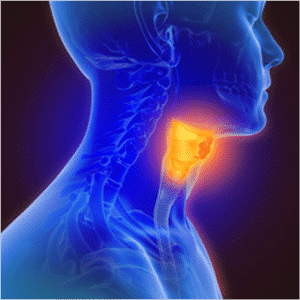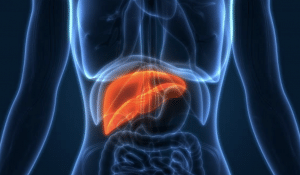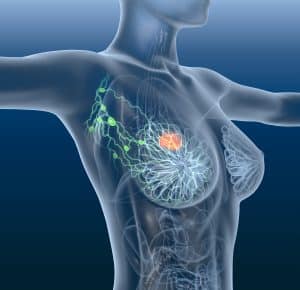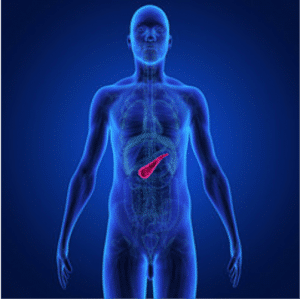What is the Connection Between Alcohol and Cancer?
 There is a well-established link between alcohol consumption and an increased risk of various types of cancer. The International Agency for Research on Cancer (IARC), which is part of the World Health Organization (WHO), has classified alcohol as a Group 1 carcinogen. This means that there is sufficient evidence to conclude that alcohol consumption can cause cancer in humans.
There is a well-established link between alcohol consumption and an increased risk of various types of cancer. The International Agency for Research on Cancer (IARC), which is part of the World Health Organization (WHO), has classified alcohol as a Group 1 carcinogen. This means that there is sufficient evidence to conclude that alcohol consumption can cause cancer in humans.
The connection between alcohol and cancer is primarily attributed to the way alcohol is metabolized in the body. When alcohol is consumed, it is metabolized by the body into acetaldehyde, a toxic substance that can cause DNA damage and interfere with DNA repair mechanisms. This DNA damage can lead to the development of cancer over time.
Several types of cancer are associated with alcohol consumption, including:
 Head and Neck Cancers: These include cancers of the mouth, throat, larynx, and esophagus. Alcohol consumption is a major risk factor for these types of cancers, particularly when combined with tobacco use.
Head and Neck Cancers: These include cancers of the mouth, throat, larynx, and esophagus. Alcohol consumption is a major risk factor for these types of cancers, particularly when combined with tobacco use.
 Liver Cancer: Chronic alcohol consumption can lead to liver damage, including cirrhosis, which increases the risk of liver cancer.
Liver Cancer: Chronic alcohol consumption can lead to liver damage, including cirrhosis, which increases the risk of liver cancer.



It’s important to note that the risk of developing cancer increases with the amount and frequency of alcohol consumption. Even small amounts of alcohol have been shown to contribute to an increased cancer risk. However, the risk may be more pronounced in heavy and regular drinkers.
Reducing or eliminating alcohol consumption can help lower the risk of developing these types of cancers. If you have concerns about alcohol and its potential impact on your health, it’s a good idea to consult with a healthcare professional for personalized advice and guidance.
